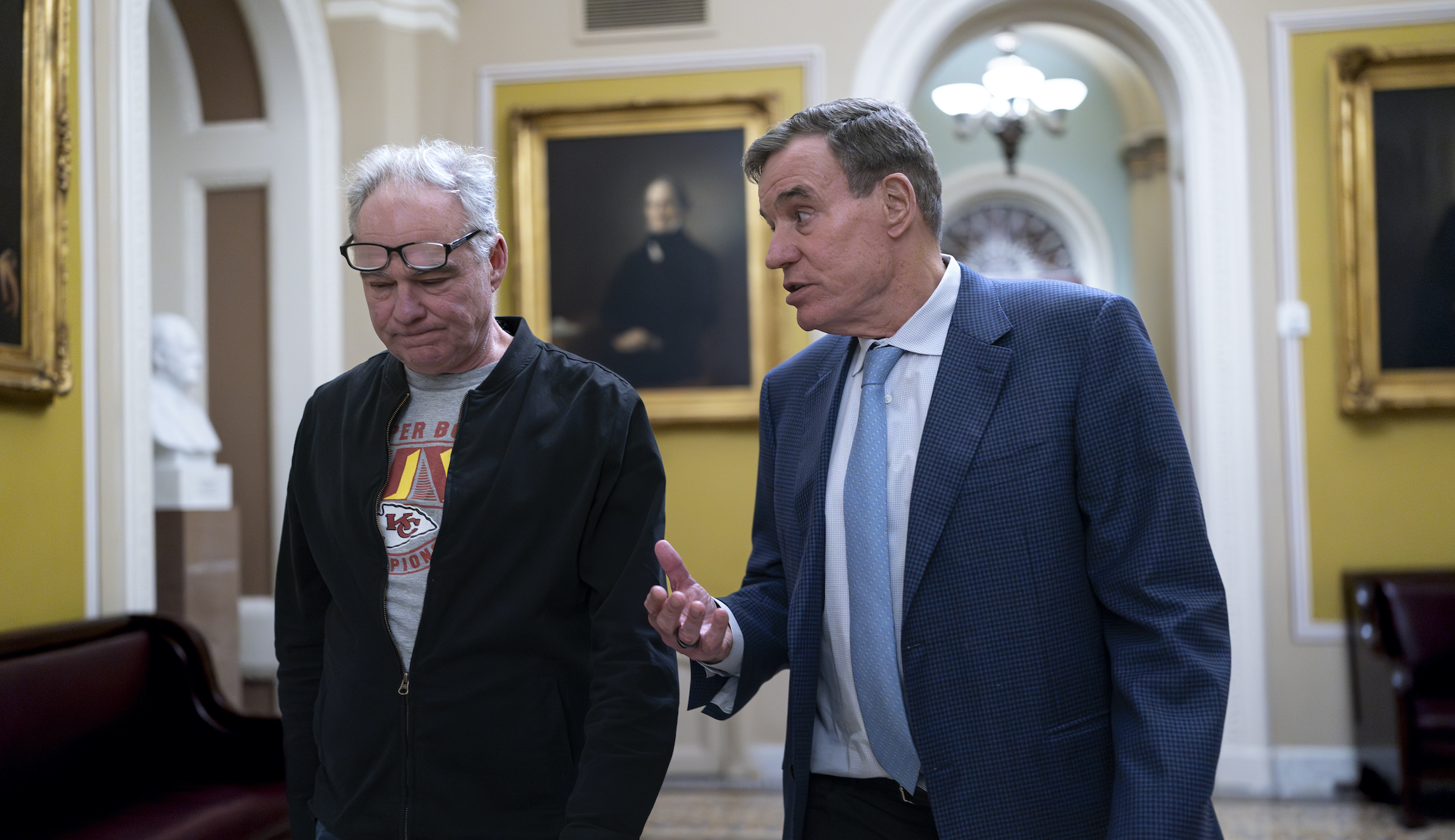

The Senate followed through with congressional plans to force the sale of TikTok on Tuesday despite vows from its Chinese owners that it will fight the legislation in court.
The measure, tucked into a $95 billion package on foreign aid that passed the upper chamber 79-18, now heads to the desk of President Joe Biden, who has promised to sign it.
The House originally passed the bill, which requires ByteDance, the parent company of TikTok, to divest or else face a nationwide ban, in March. But the version that is expected to become law reflects a compromise between the two chambers.
The House updated the legislation to extend the window for divestment from six to nine months. The president was given the authority to extend that runway another 90 days, creating in effect a one-year grace period.
The tweak proved decisive in winning the support of Sen. Maria Cantwell (D-WA), who leads the Senate panel with jurisdiction over the app.
TikTok has waged an all-out campaign to prevent the sale, accusing Washington of pursuing a ban that infringes on the First Amendment rights of its users. TikTok CEO Shou Zi Chew lobbied lawmakers personally, while app users, the majority of whom are children and young adults, were urged to contact their representatives.
The company responded to the House passing the revised legislation on Saturday with a memo to employees vowing a lawsuit. “This is the beginning, not the end of this long process,” reads the letter, obtained by CNN.
Senate backers of the bill, including Cantwell, delivered floor speeches on Tuesday explaining their vote for divestment. Sen. Mark Warner (D-VA), the chairman of the Senate Intelligence Committee, acknowledged the fears of young Americans that the app will be shut down. But he argued there was a national security imperative to transferring ownership to another company.
Intelligence officials fear that ByteDance, which is based out of Beijing, could be compelled to give user data to Chinese authorities.
“At the end of the day, they’ve not seen what Congress has seen. They’ve not been in the classified briefings that Congress has held, which have delved into more deeply some of the threats posed by foreign control of TikTok,” Warner said.
In total, ByteDance and TikTok spent more than $7 million attempting to prevent the legislation from passing this year, including a $4.5 million advertising blitz.
TikTok has found allies such as Donald Trump, who has been lobbied by influential figures including his former counselor, Kellyanne Conway. He previously supported a ban in 2020 as president.
However, the pressure campaign from ByteDance generally proved unpersuasive on Capitol Hill and sometimes counterproductive.
CLICK HERE TO READ MORE FROM THE WASHINGTON EXAMINER
Sen. John Fetterman (D-PA), who met with Chew in March, recounted showing him a text message from his daughter in which she expressed fear that she would be beaten up at school because her father supported the legislation.
“If you [want] to have a careful and productive conversation, I will have that with you. If you want to escalate, then I’m going to respond the same,” he recalled telling the CEO.





